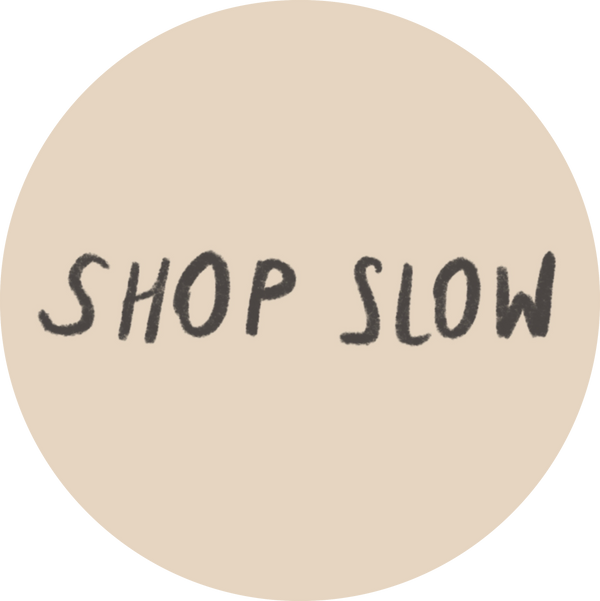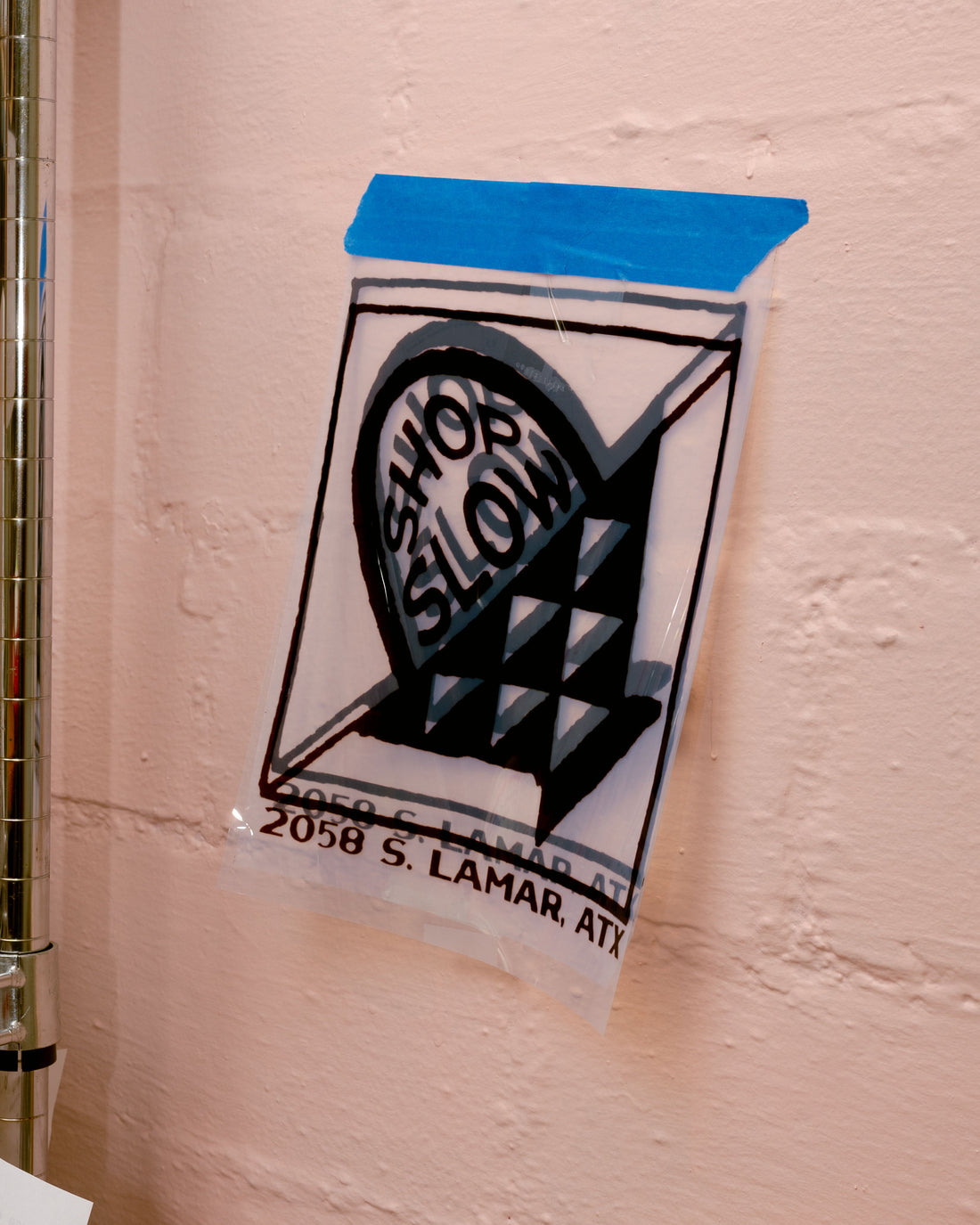In today's fast-paced world, it's normal to feel pressure to keep up with trends and buy things quickly. The instant gratification of online shopping and two-day shipping has made it easy to accumulate items faster than we can use them. But what if we shifted our mindset and adopted a new way of shopping - slow shopping?
Slow shopping is all about taking the time to thoughtfully consider our purchases and make intentional choices. It involves being mindful of our consumption habits and the impact they have on our planet and our wallets.
When we engage in slow shopping, we take a step back from the constant cycle of buying and discarding, and instead focus on investing in high-quality items that will last for years to come. By choosing to purchase items that are built to last, we can actually save money in the long run by avoiding the cost of replacing cheaper, disposable items.
But slow shopping is about much more than just saving money. It's also about making a conscious effort to reduce our carbon footprint and contribute to a sustainable future for our planet. By purchasing fewer items of better quality, we reduce the amount of waste we produce and ensure that our possessions have a minimal impact on the environment.
In addition to the environmental benefits, slow shopping can also have a positive impact on our mental health. When we take the time to carefully consider our purchases, we avoid the stress and anxiety that often comes with impulse buying and buyer's remorse. Instead, we feel empowered and confident in our choices, which can lead to a sense of satisfaction and contentment.
So how can we incorporate slow shopping into our lives? One way is to start by evaluating our existing possessions and asking ourselves whether we really need to buy something new. By becoming more mindful of our consumption habits, we can reduce our impulse to buy and focus on making intentional choices.
Another key aspect of slow shopping is supporting brands and retailers that align with our values. By researching the companies we buy from and choosing those that prioritize sustainability and ethical practices, we can use our purchasing power to make a positive impact.
It's also important to recognize that slow shopping doesn't have to be an all-or-nothing approach. Even small changes, like waiting a few days before making a purchase or choosing to buy secondhand instead of new, can have a significant impact over time.
Ultimately, slow shopping is about making intentional choices that align with our values and priorities. By taking a step back from the constant cycle of consumerism, we can create a more sustainable, fulfilling, and mindful way of shopping. So why not give it a try and see the positive impact it can have for yourself and the planet?
- Evaluate your existing possessions and ask yourself whether you really need to buy something new.
- eBay, Poshmark, and ThredUp are great places to buy secondhand items.
- Research brands and retailers that align with your values and prioritize sustainability and ethical practices. Websites like Good On You and Project JUST provide ratings and information on the sustainability and ethical practices of fashion brands.
- Choose to buy secondhand instead of new to reduce waste and support a circular economy. Local boutiques and farmers markets are great places to find sustainable and ethical products from small businesses in your community. Try searching for local markets and shops in your area.
- Wait a few days before making a purchase to avoid impulse buys and ensure you really want the item.
- Invest in high-quality items that are built to last and avoid disposable or fast fashion items.
- Buy from local or small businesses that prioritize community, sustainability, and ethical
- Practices
- Practice mindful shopping by focusing on one item at a time and carefully considering whether it aligns with your values and priorities.
- Opt for experiences over material possessions to reduce waste and create lasting memories.
- Avoid excessive packaging by choosing products with minimal packaging or buying in bulk.
- Support organizations that promote sustainability and advocate for positive change in the fashion and consumer industry.
- Apps like DoneGood and Ecosia make it easy to shop from environmentally-friendly and socially-conscious brands.
- Invest in high-quality items from brands like Patagonia, Everlane, and Reformation that prioritize sustainability and ethical practices.
- Avoid fast fashion items and focus on high-quality, classic pieces that will last for years.
- Practicing mindful shopping involves focusing on one item at a time, considering whether it aligns with your values and priorities, and taking time to make an informed decision.
- Participate in experiences like concerts, travel, and other events instead of constantly buying new items.
- Look for products with minimal packaging or buy in bulk to reduce waste.
- Organizations like Fashion Revolution and the Sustainable Apparel Coalition work to promote sustainability and advocate for positive change in the fashion and consumer industry.
In conclusion, slow shopping offers a mindful and intentional approach to consumerism that can benefit both individuals and the planet. By taking the time to consider our purchases, invest in quality items, support sustainable brands, and reduce waste, we can make a positive impact on the environment and our well-being. Making small changes in our shopping habits can lead to a more sustainable and fulfilling way of living. So why not give slow shopping a try and see the positive impact it can have for yourself and the world around you?

